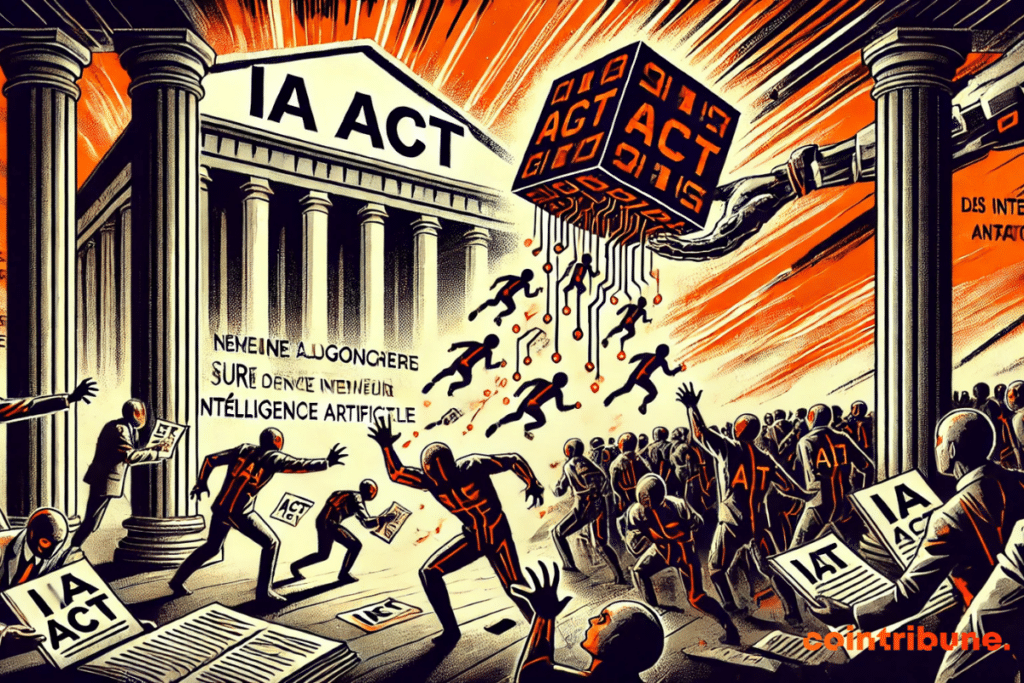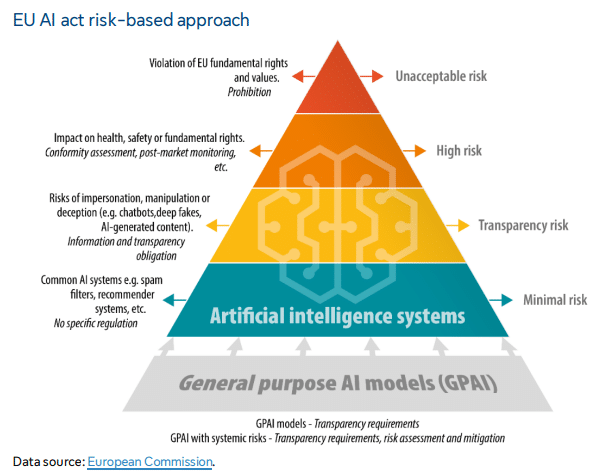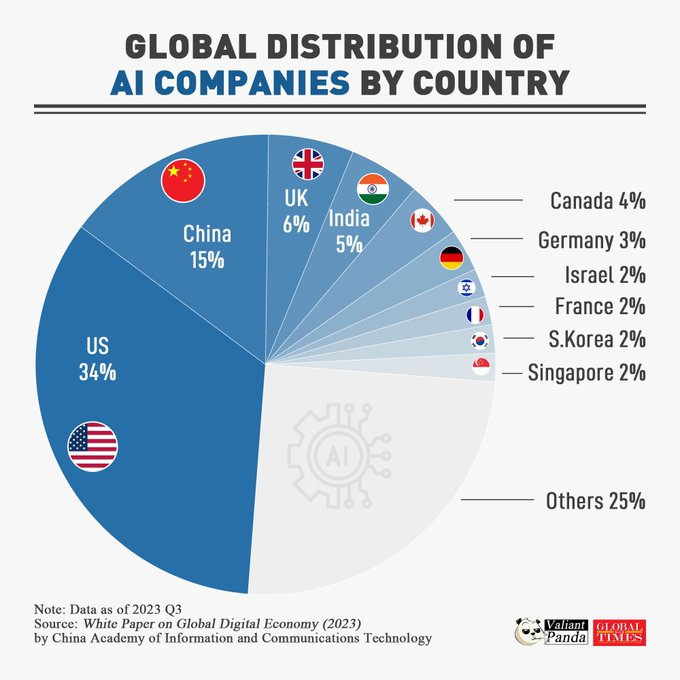AI: Europe Imposes Its Framework Starting This Sunday
The proliferation of artificial intelligences has forced Europe to establish a regulatory framework before algorithms turn the Old Continent into a vast experimental sandbox. After years of debates, the AI Act comes into effect on February 2, and it goes without saying that some algorithms will have to revise their strategies. Notably, those that had fun predicting your judicial future or assessing your emotions in the workplace.

AI Act: the axe falls on AI deemed unacceptable
The European Union, so proud of its MiCA, is no longer joking around with unrestrained AIs. Starting this Sunday, certain applications deemed to have “unacceptable risk” are prohibited. Out with social scoring like in China, predictive policing software that sniffs out potential criminals, and emotion detectors that guess if an employee loves their job or is already contemplating resignation in emoji.

Real-time facial recognition in public spaces, which could have turned streets into a dystopian episode of Black Mirror, is also banned. The only exception: law enforcement, which may use it in specific cases. Moreover, AIs that exploit individuals’ vulnerabilities or manipulate their decisions also fall under the axe.
Europe clearly wants to prevent a chatbot from persuading your grandmother to invest in an obscure cryptocurrency or a talking toy from convincing a child to test the laws of gravity from their balcony.
And beware of offenders: companies that dare to defy these bans could face fines of up to 35 million euros, or 7% of their annual revenue. A reminder that should deter the most reckless.
Europe and AI: between regulation and technological ambition
Europe, always keen not to fall behind technologically, wants to regulate the development of artificial intelligence without stifling innovation. The AI Act therefore does not only prohibit, it also imposes transparency obligations on major AI models, notably those that drive chatbots and image generators like ChatGPT, Gemini, or Le Chat.

Starting August 1, these systems will have to disclose their technical documentation and provide details about their training datasets.
“While the European Commission subsidizes AI development across Europe except in France, the government has announced the creation of a public Institute for AI Surveillance“, quips Carène Tardy on X.
A statement that perfectly illustrates the European dilemma: how to regulate AI without harming its competitiveness? Some believe that the EU is acting like a police officer while the United States and China race ahead. Others see it as a way to prevent technological excesses before it is too late.
Regulation that does not have unanimous support
If the AI Act is presented as the most ambitious legislation in the world on the matter, its implementation is expected to be gradual and fraught with obstacles. Its full application will only be effective in 2026, and until then, challenges are sure to arise.
Several companies and member states find some prohibitions excessive or difficult to enforce.
- The first test of the AI Act will be political. On February 10, about a hundred heads of state, including American and Chinese representatives, will meet in Paris for the AI Action Summit. An opportunity to observe how other major powers react to this new European regulation and whether they plan to follow its example or quietly disregard it.
Finally, one point raises eyebrows: exemptions for reasons of “national security”. Some states have managed to obtain waivers to use controversial AIs under the guise of protecting citizens. The result: AIs banned for the general public could very well be exploited by government agencies.
Apart from AI, Europe is also tackling Web 4.0 and virtual worlds, trying to set safeguards before everything spirals out of control. Regulating before innovating: a well-honed strategy that sometimes raises objections but allows the EU to maintain control over technological transitions. It remains to be seen whether it will succeed in imposing its model on the rest of the world.
Maximize your Cointribune experience with our "Read to Earn" program! For every article you read, earn points and access exclusive rewards. Sign up now and start earning benefits.
La révolution blockchain et crypto est en marche ! Et le jour où les impacts se feront ressentir sur l’économie la plus vulnérable de ce Monde, contre toute espérance, je dirai que j’y étais pour quelque chose
The views, thoughts, and opinions expressed in this article belong solely to the author, and should not be taken as investment advice. Do your own research before taking any investment decisions.